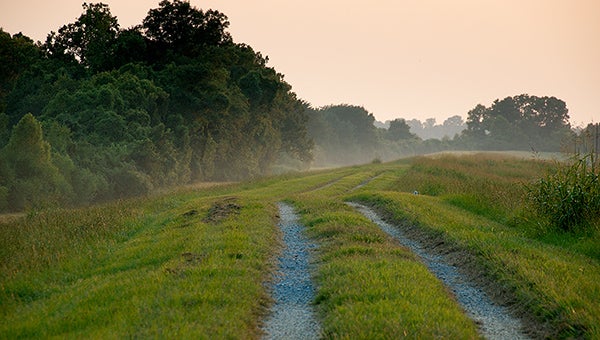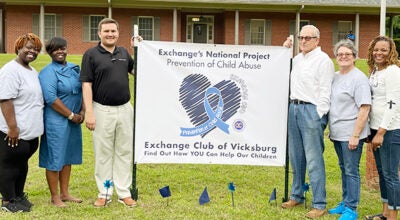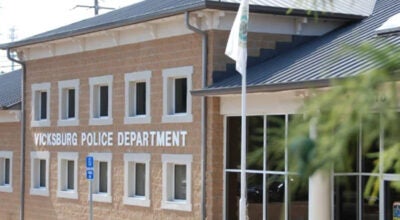Rural Mississippi is more valuable than ever
Published 9:44 am Friday, November 15, 2019
STARKVILLE — Hunting, fishing, wildlife watching, enjoying nature and other outdoor activities put dollars in Mississippi’s coffers. In fact, wildlife-related recreation generates an economic impact of about $2.9 million per year in the state.
A portion of the money spent on wildlife-related recreation ends up in small, rural Mississippi communities that would not see these expenditures otherwise.
To enjoy wildlife-related recreation, you need access to public or private land or water. Oftentimes, individuals will buy land for hunting, fishing or just to build a house on their own piece of “the great outdoors” in Mississippi. This trend has influenced the value of rural lands, particularly properties with ponds to fish, beautiful sites to build homes, and productive habitats for game and nongame wildlife species.
Scientists with Mississippi State University conducted a survey with representatives of the Federal Land Bank of Mississippi and Mossy Oak Properties. The researchers found that individuals purchased property in Mississippi specifically for wildlife-related recreation. In fact, one-third of the dollar value of rural lands (or $634 per acre, on average) was due to outdoor recreational potential, as reported on 800 Mississippi properties in our survey.
Most of the properties were forested with a mixture of stands that included bottomland hardwood trees, mixed pine-hardwood forests, upland hardwood forests and pine stands. Tracts also included agricultural lands predominately in row crops, as well as lands that were fallow, comprised of roads or contained supplemental plantings for wildlife.
Based on the survey, buyers look for specific attributes when purchasing recreational properties. For example, forests with hardwood trees provide excellent habitats for a diversity of wildlife species, both game and nongame. Forested tracts provide excellent cover and produce food as hard mast, such as oak acorns or hickory nuts. Hunters value these land types because of the prevalence of game species, such as white-tailed deer and wild turkey.
Additionally, some amenities increased land sales prices, particularly roads and cabins. Only about 14 percent of properties sold for wildlife recreation had been leased for hunting in the past. However, these tracts leased for $21 per acre as compared to $12 per acre, on average, for Sixteenth Section lands across Mississippi.
The higher value for leases on these study tracts was due to the prominence of mature hardwood forests, habitat management practices conducted for wildlife and amenities present on the land. Landowners who own similar lands in Mississippi more often can lease or sell these properties for significantly higher values.
So, here is the take-home message: Quality private lands that are mostly forested with a mix of open spaces and pastures that support diverse wildlife and ponds for fishing are often golden for wildlife-related recreation. Keep this in mind if you’re considering selling your land or purchasing property.
I foresee that having your own piece of rural Mississippi will only become more valuable in the future. I’m often reminded of a quote by Gerald O’Hara in speaking to his daughter Katie Scarlett in the movie “Gone With The Wind” about his love for Tara: “Why, land is the only thing in the world worth workin’ for because it’s the only thing that lasts.”
It is hard to argue with such wisdom.
Article written by Dr. Daryl Jones, MSU Extension Service






